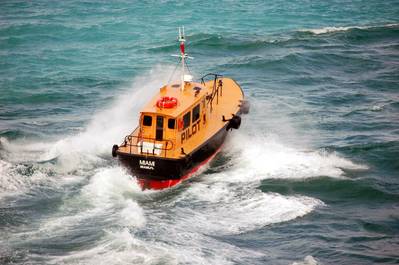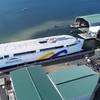IMPA to Test Remote Pilotage Solutions
The international study on remote pilotage launched by the International Maritime Pilots’ Association (IMPA) and its partners in the summer 2024 is now reaching out to manufacturers and system integrators to solicit their participation in the trials phases of the study.
IMPA’s partners include the Canadian National Centre of Expertise on Maritime Pilotage (NCEMP) and the Canadian Coast Guard. Together, they are exploring remote pilotage to evaluate its feasibility, readiness and impacts on safe navigation practices and systems.
It is designed to deliver unbiased, science-based and authoritative insights into pilotage as a socio-technical system and the readiness, risks, impacts, benefits, opportunities and prerequisites of remote pilotage. A crucial part of the work is to conduct trials which will take place over the next two years in three different ways to ensure a safe, thorough and scalable process.
The first series of trials will take place in a simulated environment where solutions are trialed on-shore to assess their technical performance and whether they can achieve functional requirements for directing the navigation of ships in mandatory pilotage waters.
The second series of trials would take place onboard a Canadian Coast Guard vessel, which is not subjected to mandatory pilotage requirements but that would operate in pilotage waters. The focus of these trials is to validate the technical and functional performance established in the simulated environment.
The third and final series of trials are expected to take place in a near real-life environment, onboard commercial ships operating in mandatory pilotage waters.
Captain Alain Arseneault, Executive Director of the National Center of Expertise on Maritime Pilotage, said: “Manufacturers and system integrators are invited to demonstrate how their solutions to remote piloting meet the needs of the end-users - the maritime pilots. We are committed to ensure every proposal will receive a complete, fair, and transparent assessment. We want to see solutions that can help us safely find the limits of what might be possible.”
Interested manufacturers and system integrators have until December 31, 2024, to submit their proposals for participation in the study.












